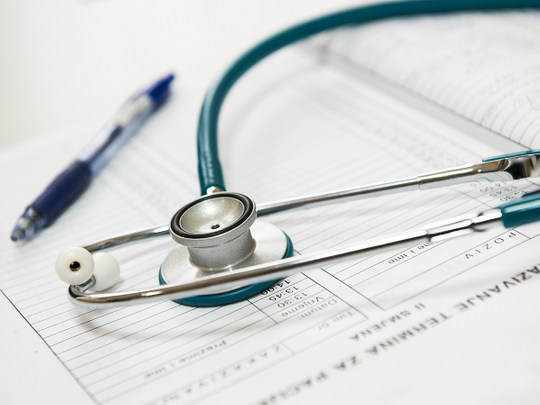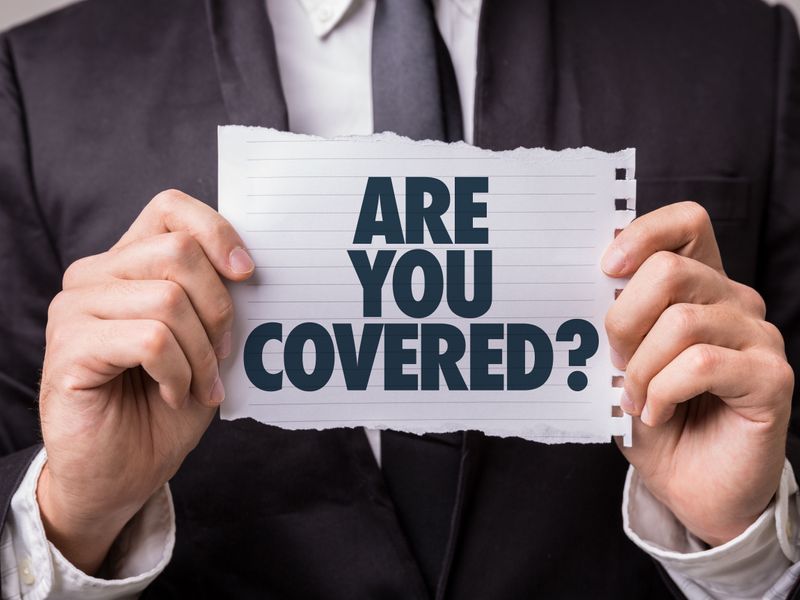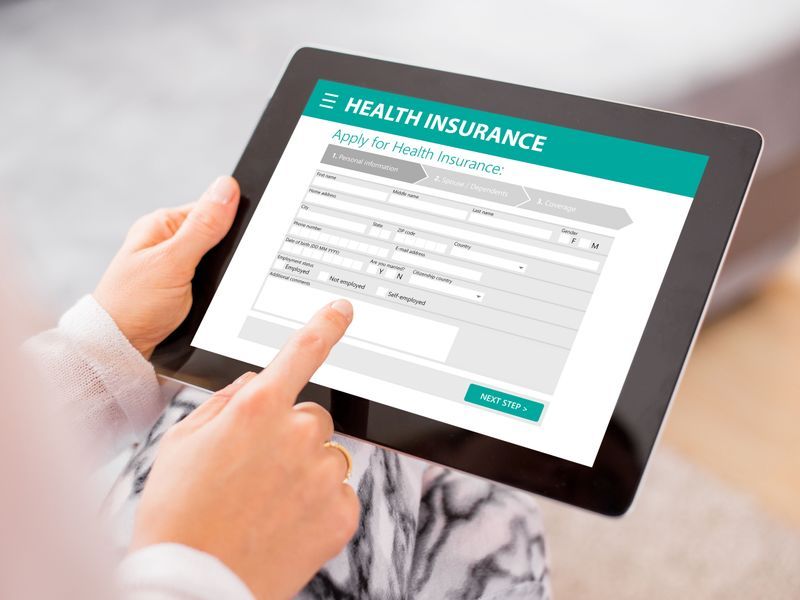
Dubai: Even people with health insurance can land in medical debt, but experts evaluate how it can be avoided – or at least capped to a greater degree.
“People do not plan to fall ill or hurt themselves, and health care remedies are often unavoidable,” explain Abu Dhabi-based independent debt consultant Rajesh Markara.
“Unlike other forms of debt, medical debt is often treated with more sympathy than other kinds of debt resulting in advice that people ought not to try to convert it to credit card debt,” Markara noted.
What causes medical debt?
Not every medical expense turns into debt, and the bills themselves aren’t always the sole problem. In fact, multiple global surveys reveal that more than 1 in 7 medical bankruptcies is due to a child’s illness.
“People who get sick or have to care for a sick loved one may see their income drop because of time off work,” Markara added.
“Most people rely on health insurance to subsidise their medical costs, but the cost of coverage can rise over time too,” wrote UAE-based Pamela Barbaglia, who has worked with insurers for over two decades.
“Nevertheless, lack of insurance and a steadily increasing cost of health care in most economies worldwide are the two main culprits behind the growing medical debt problem.”

Will having medical bills on my credit report affect my score?
Medical bills don't affect your credit score unless stays unpaid for long, Markara explained.
“The time frame for this can vary. Some medical providers wait 90 days or more past the billing due date, some do it more quickly.”
Either way, in most cases credit reporting agencies won't report medical debt until it's long overdue, Markara added.
Most people rely on health insurance to subsidise their medical costs, but the cost of coverage can rise over time too
“This should give you time to dispute billing, negotiate your balance and work out a payment plan without damaging your credit. On the upside, if your insurance company ends up paying the bill, the debt can be removed from your credit report.”
How can you avoid costly medical bills?
• Get familiar with your insurance coverage and out-of-pocket costs
Get the best insurance coverage you can afford — even when you're healthy.
“Make sure you know what the deductibles will be, and call the insurer and ask someone to walk you through all the potential out-of-pocket costs,” Barbaglia added.
“Keep in mind that you cannot make changes to your policy except during certain windows of time, such as open enrolment or after a major life event.”
• Check whether the specifics of your care are covered
After your doctors map out your treatment plan, check whether all the healthcare providers you need to see are part of your insurance network and whether any part of the treatment needs to be pre-authorised.
“Ask lots of questions of your insurance provider, doctor's office, or hospital, especially for planned procedures,” explained Barbaglia.

• Get a cost estimate
If you're uninsured, ask for a cost estimate in advance. Most healthcare regulators worldwide require providers to give uninsured patients estimates of what planned care will cost.
“Keep an eye on costs as they come up and never assume that just because insurance covers one part of your treatment, which goes for everything else. Scrutinising your care can help you avoid costs,” cautioned Markara.
• Check for double billing
Go through each item on your bill. Even if you've already been discharged and gotten behind on payments, it is worth checking to make sure you weren't overcharged.
"It's not infrequent for something to be double billed. People also mistakenly think medical costs are fixed and non-negotiable. If you know you cannot pay the bill, negotiate with the hospital administration or billing department," advised Barbaglia.
Bottom line?
Managing medical debt can seem like a monumental challenge. These expenses are often unplanned, and can be sizeable even with help from your insurance.
“Managing your medical debt is possible – even while also juggling a full line-up of ordinary expenses,” noted Markara.
Managing your medical debt is possible – even while also juggling a full line-up of ordinary expenses
“Unpaid medical debt can lead to collections and damage to your credit. There are ways to minimise debt, pay it off and avoid negative impacts, but you'll need a strategy and a systematic approach to get the best outcome.”
Gather up all of your bills and insurance explanation of benefits (EOB) forms and review them for duplicate billing, unauthorised charges and errors.
Make sure your insurance company has paid for all covered expenses and that your medical provider has accounted for their payments.
“If your medical debt payments are going to make it impossible for you to cover your other expenses—including your mortgage, auto loan and credit card debt – you may put your financial health and credit at risk,” Markara added. “So make sure your debt payoff plan is sustainable.”






_resources1_16a4a1613d8_small.jpg)

